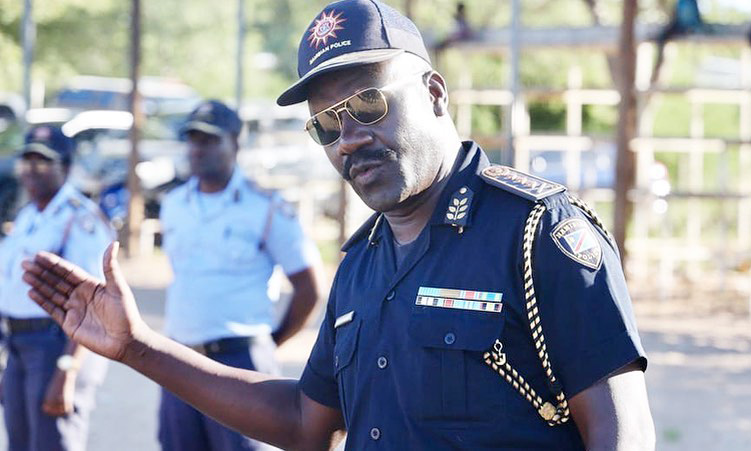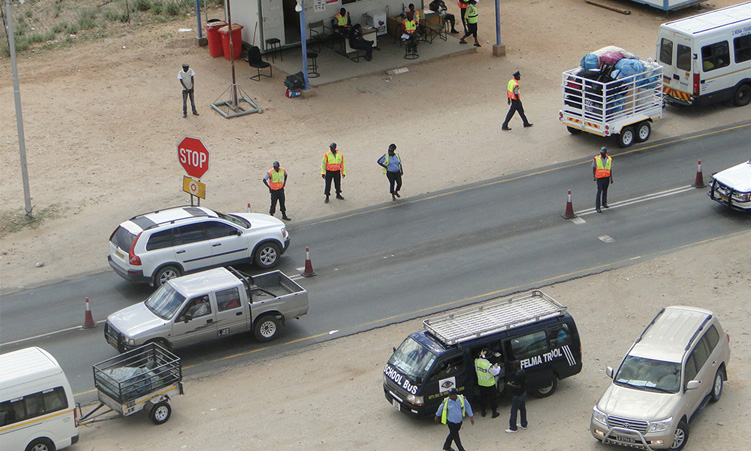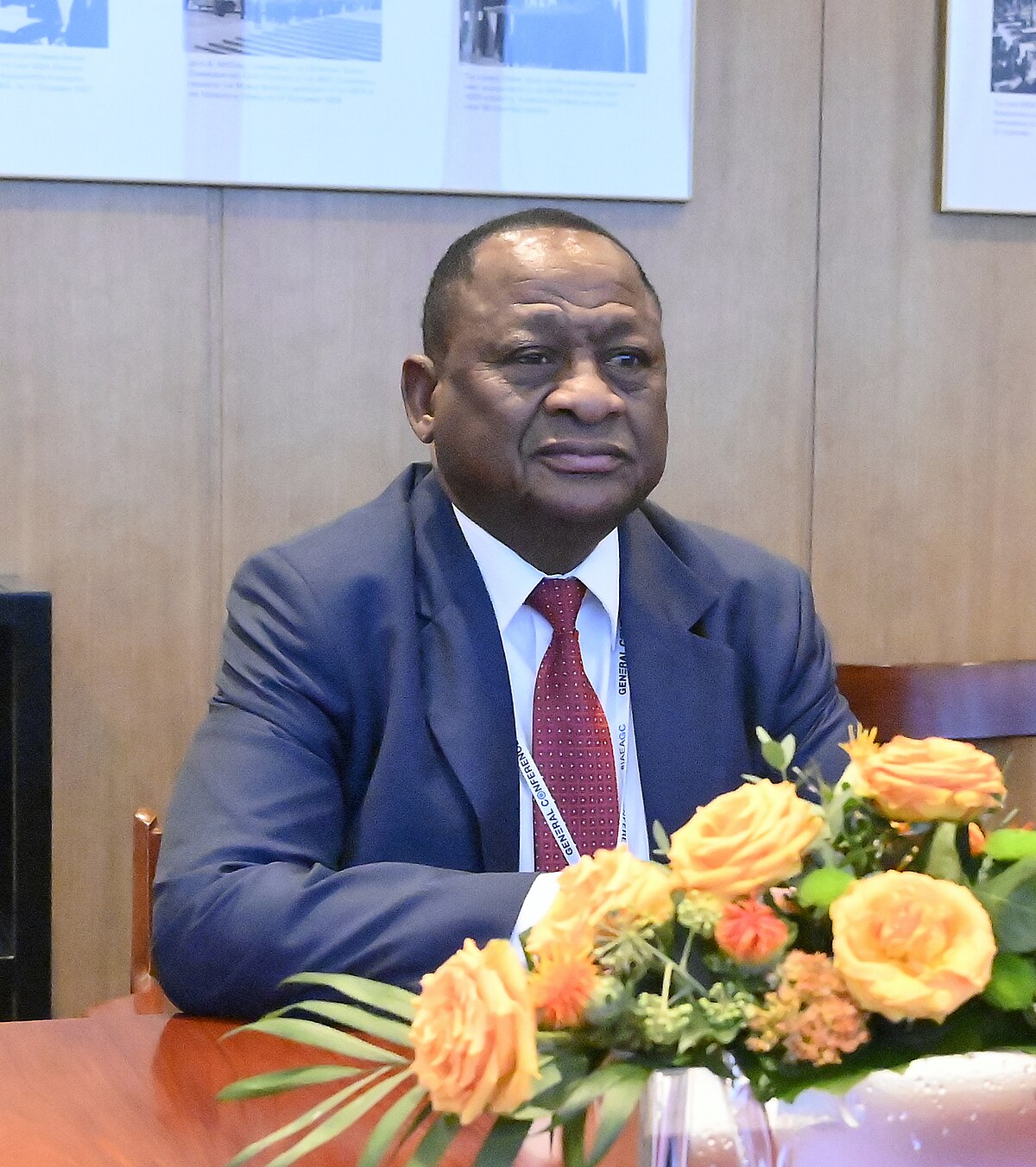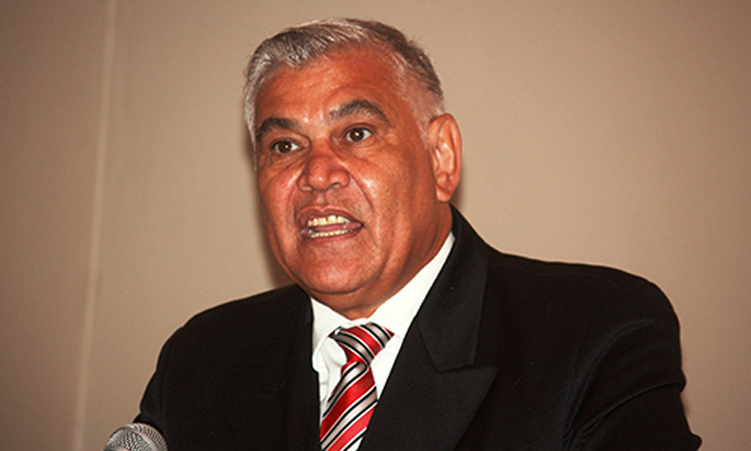The Namibian Police say approximately 148 000 drivers are facing arrest for various traffic violations countrywide as the festive season approaches.
Traffic division commissioner Petrus Swartz yesterday said this translates to about N$170.8 million in outstanding traffic fines nationally.
He warned motorists that traffic officers are actively executing warrants of arrest at checkpoints nationwide and advised them to inquire about outstanding fines at local traffic units before leaving for holiday to avoid potential arrest.
“If you are found on the road with an outstanding warrant of arrest, you will be arrested, taken to court and punished for contempt of court.”
He noted that the regions with the highest warrants of arrest are Khomas, Otjozondjupa, Oshana, Omusati and Erongo. However, he declined to provide exact statistics per region.
Last week, the Oshikoto police published the names of 1 323 motorists with traffic violations dating back three years, who are subject to arrest for failing to pay their fines.
Oshana police regional commander commissioner Naftal Sakaria this week said the region expects large numbers of people from various parts of the country.
He urged officers to be ready for deployment.
He said the police will not only deploy personnel but technology too, especially at the traffic department.
“There is no place for criminals here. On Friday, we arrested a gang of habitual [offenders] while they were attempting to break into a house,” Sakaria said.

One of the criminals is wanted for 12 housebreaking cases countrywide, as well as a case of murder, he added.
He warned criminals who come to the Oshana region with an intention to steal that they risk cutting their Christmas short.
“We are not going to play.”
Omusati regional commander Ismael Basson also warned motorists not to violate traffic regulations or they will be arrested.
“We have a lot of warrants of arrest and we will be looking out for those. We are calling on everybody who has not paid their tickets or has not appeared in court [to] sort out their traffic fines before they travel for holiday,” Basson said.
He urged members of the public to be security conscious, as the region recorded a lot of fraud cases, especially the theft of eWallets from people’s phones.
“People must keep their phones safe,” he said.
Meanwhile, Erongo regional commander commissioner Nikolaus Kupembona said the police aim to protect life, safeguard property and reduce road accidents and related violations over the festive season.
Traffic control officers commenced their seasonal safety campaign on 15 November and will continue until 17 January 2025.
In order to ensure the safety of all travellers, the Namibian Police have deployed traffic enforcement officers in key locations along the B2, including roadblocks in key locations, as well as on secondary roads, he said.
Tourists are urged to ensure they have access to safe transportation options and advised to never drive while drunk or get into a car with an intoxicated driver.
The police warn that crimes at automated teller machines (ATM), as well as online fraud, theft under false pretences and cellphone and handbag snatching are prevalent over the festive season.
Holidaymakers are urged to remain vigilant and pay close attention to their environment. Particular caution should be exercised when withdrawing money at ATMs, or when handling cash. Any suspicious or unusual behaviour should be reported to the nearest police station or traffic checkpoint.

‘NO TRAFFIC FINES AMNESTY’
In 2022, the criminal justice forum gave traffic offenders a three-month period to settle their traffic tickets.
Yesterday, inspector general Joseph Shikongo said over 300 000 motorists had warrants of arrest at the time, which is why the criminal justice forum opted to provide drivers with an amnesty, which was also extended.
He advised those with current unpaid traffic tickets to go to the traffic courts to pay to avoid being arrested.
This is despite Shikongo in June calling on traffic officers to warn road users and not simply issue them tickets.
“Where you need to give a warning to a member of the public, warn a member! Do not just punish a person every time.
It is not our job to punish people. We are there to educate, make people understand and educate them on traffic laws through the media and not just to issue a fine.
Give a warning. After two times, then issue a fine,” he said at the time.
Stay informed with The Namibian – your source for credible journalism. Get in-depth reporting and opinions for
only N$85 a month. Invest in journalism, invest in democracy –
Subscribe Now!






